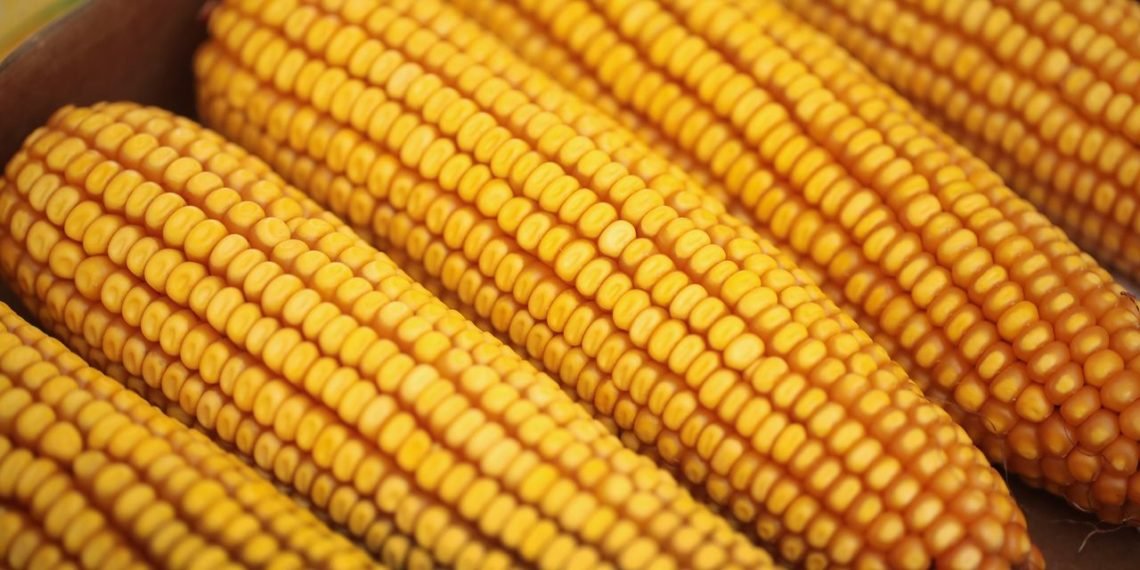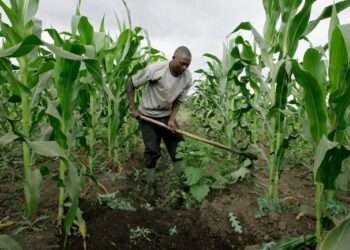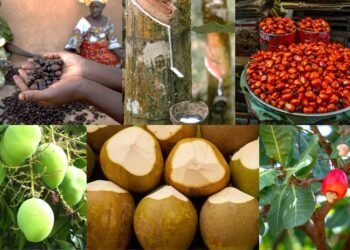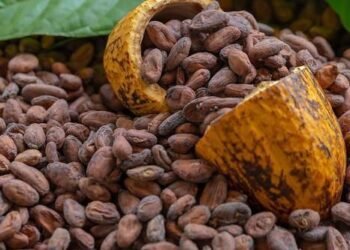The Greater Accra Poultry Farmers Association of Ghana (GAPFA) has called on the government to put measures in place to prevent shortage of maize in the country following the growing concern about the availability of maize in the country, a situation that affects food security negatively in two folds: firstly, directly on human consumption and secondly as feed to poultry and pigs, which ultimately serve as food to humans.
Speaking in an interview, the President of GAPFA, Michael Nyarko-Ampem proposed a policy that will secure markets for local maize farmers while ensuring they have enough maize for poultry production all year round.
“When the production is good, we are asking that Buffer Stock and the other institutions with the capacity to store the maize should be given the financial support. The Ministries of Finance, Trade and Agriculture can look at that and take up maize from the farmers to be stored.
“We are also expecting that the Ministers of Agriculture and Trade can call a meeting of feed millers and understand the quantity of maize that millers use in a year. So, we can be bound by a MoU or an agreement that we are picking this quantity of maize at a specific price, so farmers do not have to always think about how to sell their produce.”
Michael Nyarko-Ampem, GAPFA President.
Mr. Nyarko-Ampem further highlighted the impact his proposal will have on the agricultural sector if it is being implemented. He stated that cost of production will be reduced for maize farmers as they wouldn’t have to bear the cost of storing their excess produce. He added that maize farmers would have readily available access to market and wouldn’t have to think about how to sell their produce.
In an earlier development, Dr Naminong Karbo, a former Director at the Animal Research Institute of the Council for Scientific and Industrial Research (CSIR-ARI) posited that the country must endeavour to separate maize meant for human consumption from those meant for poultry feed. This, he said, would ensure that the country had enough maize to feed the poultry industry.
“In budgeting our food needs or grain needs, we should partition it to say this is to meet the human nutrition, this is to meet our livestock production. If we don’t do that, then we are not sure of what we are doing.
“We don’t plan and say this percentage is to meet our livestock or poultry production. So, if you don’t plan consciously like that, then you see that you will always be rationing with shortages here and there.”
Dr Naminong Karbo
Background
Maize is an important food crop in Ghana, accounting for more than 50 percent of the country’s total grain production such that its recent shortage has resulted in high prices of commodities, although it was initially downplayed.
For instance, the price of 50kg bag of maize increased from GHS58 to GHS105. Soya increased from GHS140 to GHS180 per bag. Wheat bran which was sold at GHS18 is now at GHS24 to GHS25 per the 25 kg. Because maize accounts for about 60 per cent of poultry feed, its availability and price had important implications for the profitability and growth potential of feed and, therefore, for poultry production as well. The resultant rising cost of poultry feed also led to an increase in prices of eggs. The price of a crate of egg, which was between GH¢13 and GH¢18 in November last year, depending on the size of the eggs, is now between GH¢20 and GH¢25.
The shortage of poultry feed was reportedly due to the influx of some foreign aggregators with higher purchasing power who bought huge quantities of maize to be sent to their respective countries. In order to save the situation, the government issued permits to some poultry farmers, last year, to enable them to import maize to feed their birds amidst the shortage.























